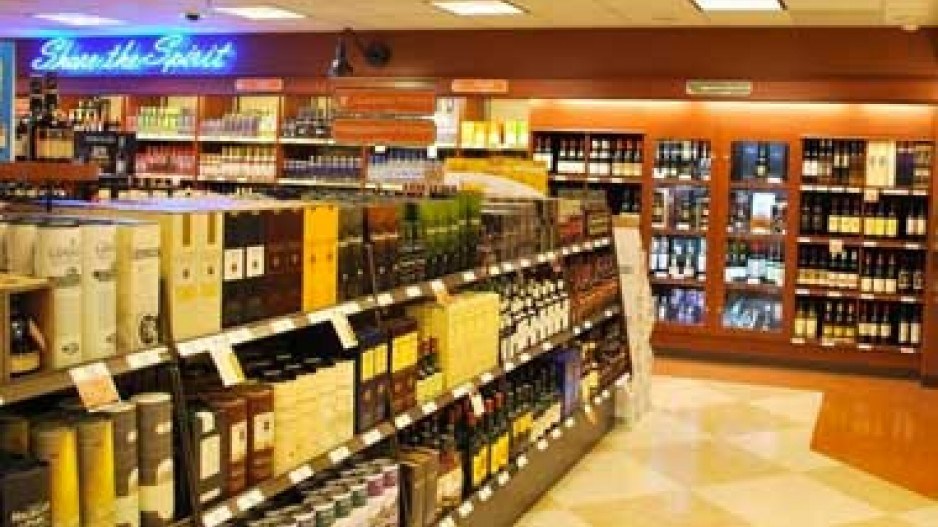The search for land to build a new Liquor Distribution Branch (LDB) warehouse in the Lower Mainland is delayed again, and the BC Liberal government is saying very little.
The aging Crown liquor warehouse on East Broadway near Rupert was sold in 2014 to Aquilini Investment Group and three First Nations for $37 million. The LDB originally wanted to leave by 2017, but earlier this year said it was eyeing summer 2019 for the opening of a new facility.
Business in Vancouver has learned that the LDB is looking at five options, and the provincial Treasury Board has asked the committee exploring the move to deliver a revised business case. The approximate size of the planned new warehouse is 670,000 square feet, considerably less than the 1.2 million square feet that was on the drawing board.
For more than a year, senior bureaucrats and Treasury Board staff have met regularly to plan the move. Last February, LDB and PartnershipsBC, the government’s privatization agency, published documents that said they were looking to find a new site as soon as mid-April.
The tendering documents emphasized the tight schedule: LDB wanted cabinet to approve a business case by summer so that it could begin the process to choose a proponent by next April, before the May 9, 2017, provincial election.
In May, the government published a request for expressions of interest through its Real Property Division setting the end of July for the new deadline to find space to build a 750,000-square-foot distribution centre by September 2019 near major trucking routes, as far away as Hope.
The government wanted to buy or lease (for at least 60 years) an appropriately zoned parcel of land ready for construction to begin as soon as June 1, 2017. The tendering document said it wanted to be flexible enough to expand to one million square feet.
In June, government spokesman Bill Anderson told BIV that the target date for the completion of the tendering process was September 30.
LDB CEO Blain Lawson told BIV he was “not able” to do a phone interview and a request to interview Coralee Oakes, Minster Responsible for the Liquor Distribution Branch, was refused.
“The province is ensuring this project moves forward with as much clarity and certainty as possible, and it is critical that full due diligence occurs to ensure value for customers, employees and for taxpayers,” said a statement emailed from Anderson. “We will share information on the project’s progress as soon as we’re able.”
Former PartnershipsBC assistant vice-president Rick Steele is managing the project. The province contracted Newmark Knight Frank Devencore as land adviser, Stantec as facility consultant and LEC the quantity surveyor.
“I don’t understand what the thought process was in selling the original facility when they had nowhere to go, and I still don’t understand why they’re taking so long to find a new location to operate from,” said NDP critic David Eby. “It makes me wonder whether in fact they have a larger agenda in selling off the distribution business and are reluctant to commit to a location so that they can keep the option open, if they need the money, to sell the distribution business to one of their donors.”
Complicating the process was the fact one of the LDB’s biggest suppliers was also in the hunt for land. In August, Molson Coors (TSX:TPX.A) announced it would build a new brewery in Chilliwack on 36 acres of land bounded by Kerr Avenue, Vedder Road and the Trans-Canada Highway for late 2018 or early 2019. Molson Coors sold the Burrard Street brewery in Vancouver for $185 million to developer Concord Pacific.
In 2012, the government scuttled the privatization of LDB’s warehousing and distribution arm. Documents leaked to BIV revealed how Excel Logistics, the Ohio-based operator of Alberta’s privatized liquor warehouse, sought to influence then-liquor minister Rich Coleman and the wording of the request for proposals in its favour. The government had no business case for the privatization, and it was cancelled when the government agreed to a new contract with the BC Government and Service Employees Union. •




